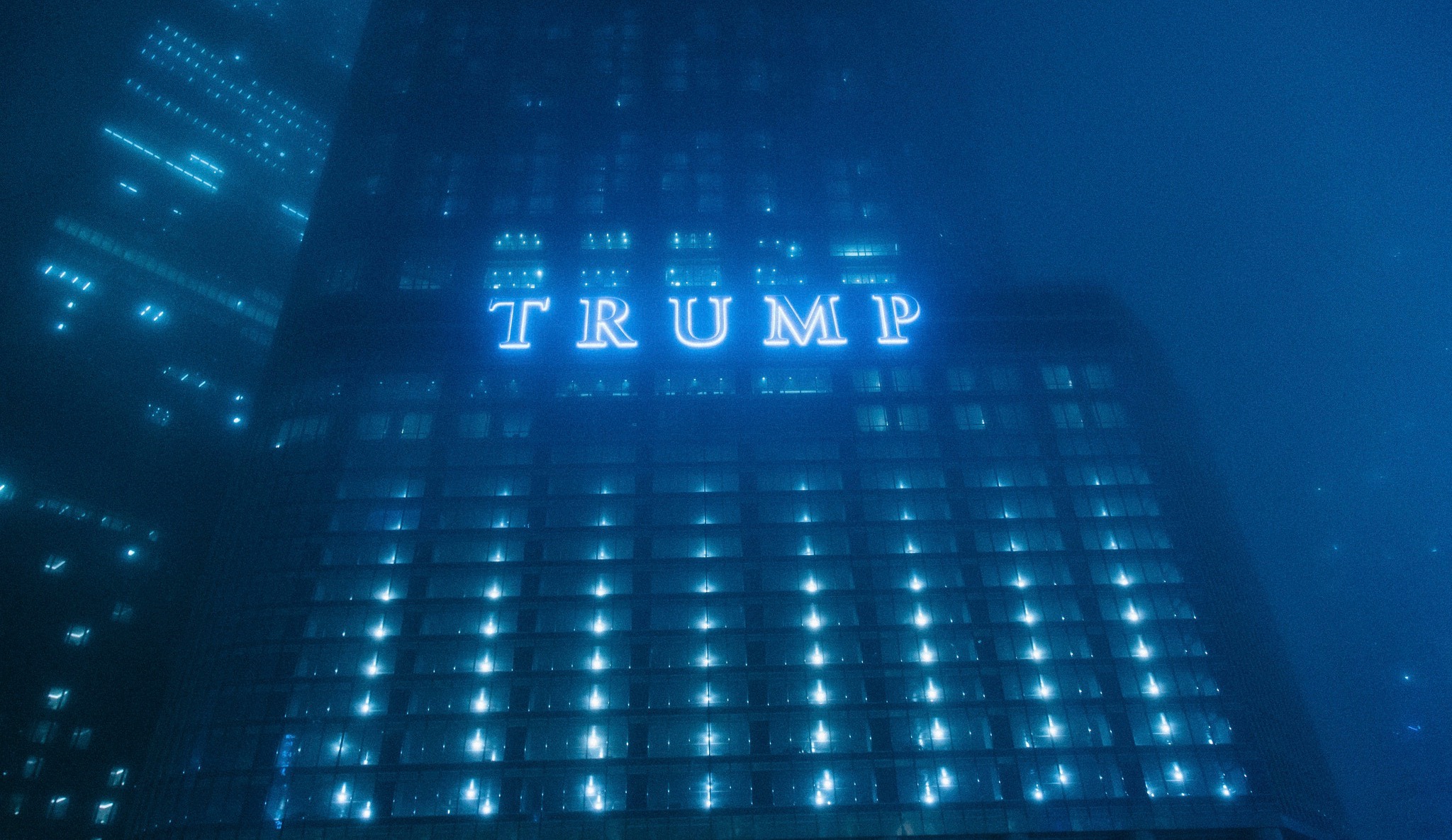
Watch: Trump is a crook, just like Nixon
In November 2016, Trump tweeted that he wanted to avoid any conflicts of interest as President of the United States: “While I am not mandated to do this under the law, I feel it is visually important, as President, to in no way have a conflict of interest with my various businesses.”
But he’s refusing to walk the walk.
Walter Shaub, the leader of the Office of Government Ethics (OGE) when Trump assumed power, challenged Trump to follow the same standards of transparency and divestment as Presidents Jimmy Carter, Ronald Reagan, George HW Bush, Bill Clinton, George W Bush, and Barack Obama had all followed when taking office.
The OGE was established in 1978 after Watergate to advise federal officials on potential conflicts of interest. It operates as an independent agency under the executive branch. In his role leading the agency, Shaub specifically advised officials to divest rather than recuse. “The president-elect must show those in government — and those coming into government after his inauguration — that ethics matters,” Shaub said.
Read more: Watergate parallels to Trump
Yet, Trump decided to retain ownership of the Trump Organization, his corporate empire, in a revocable trust overseen by his two sons. Shaub noticed that the White House’s approach was not a commitment to transparency at all. Instead, he observed an attitude of “we’re going to do the bare minimum of what’s legal, and we’re going to do things that are questionable, as long as there is an argument that, maybe, it’s legal.”
These ethical breaches spread throughout the administration. Despite a new OGE mandate that Cabinet Secretaries and other Senate-confirmed officials disclose potential financial conflicts of interest, the White House continued to keep appointees’ financial disclosures buried.
In a final attempt, Shaub tried to shame the White House into transparency. He used Twitter, a press conference, and a Freedom of Information Act policy to bring light to the flagrant disregard of ethics norms. He was met with an unsatisfactory response: The administration denied any wrongdoing.
In July 2017, Shaub resigned from the Office of Government Ethics. He was involved in every presidential nomination since 2007 and ethics reviews of presidents, vice presidents, and most top White House officials. Meanwhile, Trump continues to nominate former lobbyists and consultants to federal agencies, granting them responsibilities over policies for industries from which they once earned a paycheck.
Trump Business Practices
Trump said he’d run the country like his businesses, but that doesn’t bode well for the country. Given the number of lawsuits, fines, unpaid workers, conflicts of interest, and other unethical and illegal business practices, how do we know who’s really making the decisions and what their goals are?